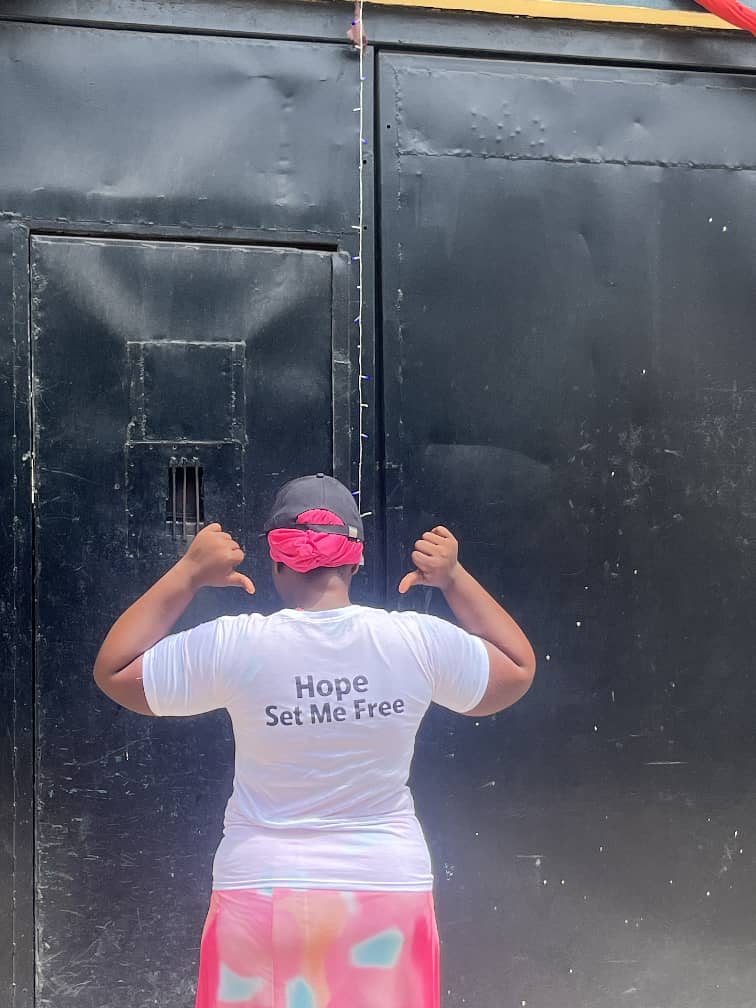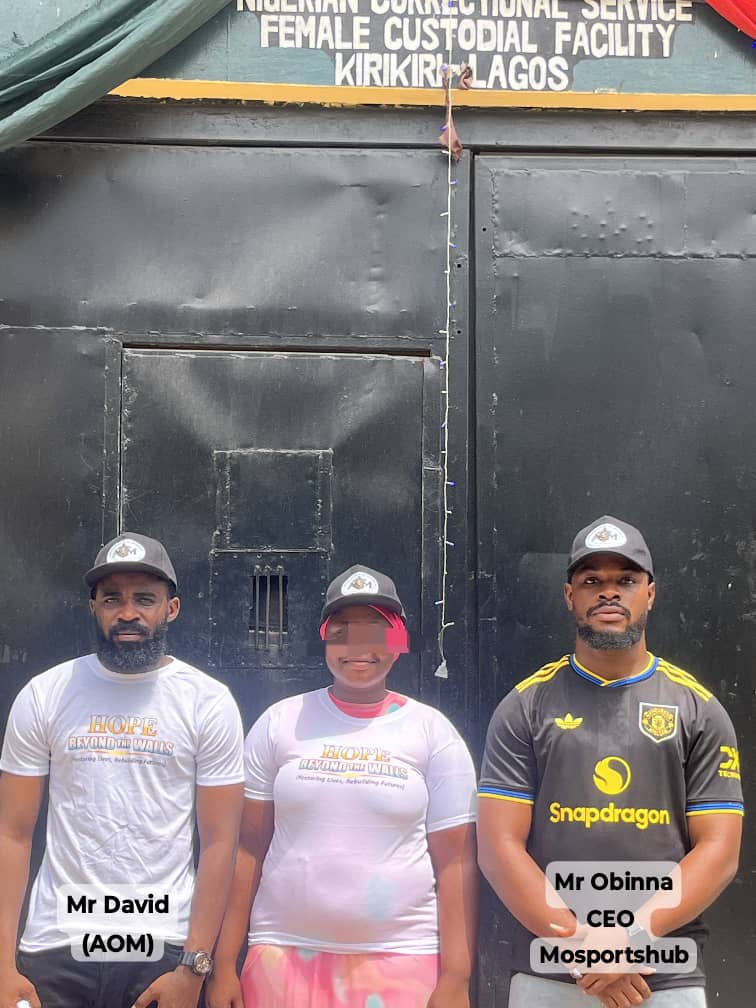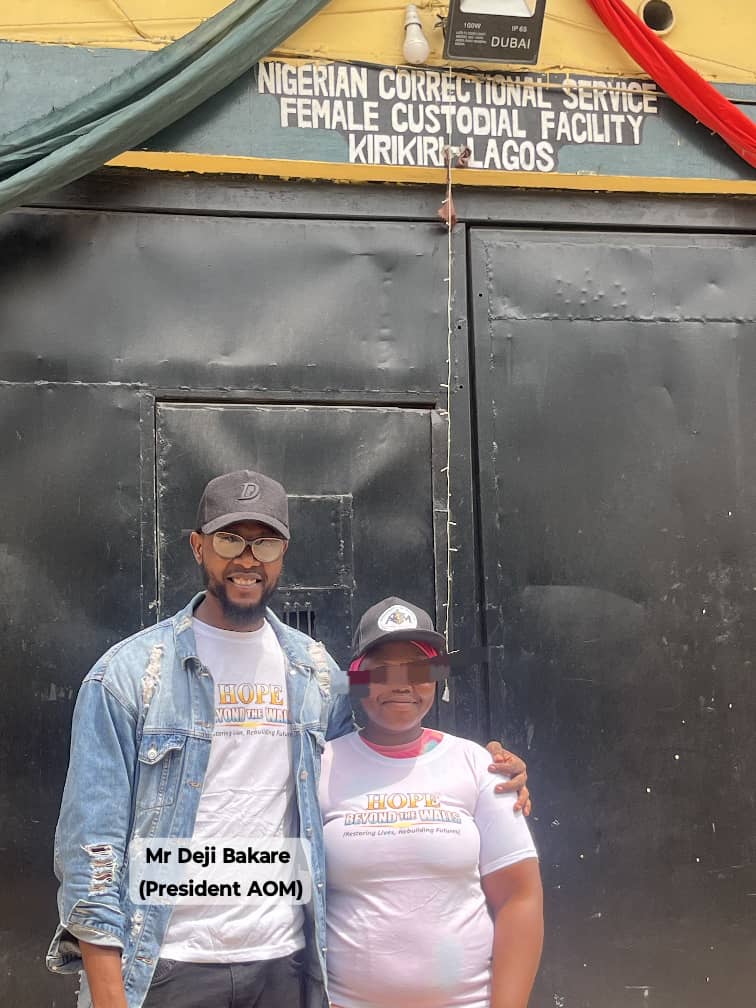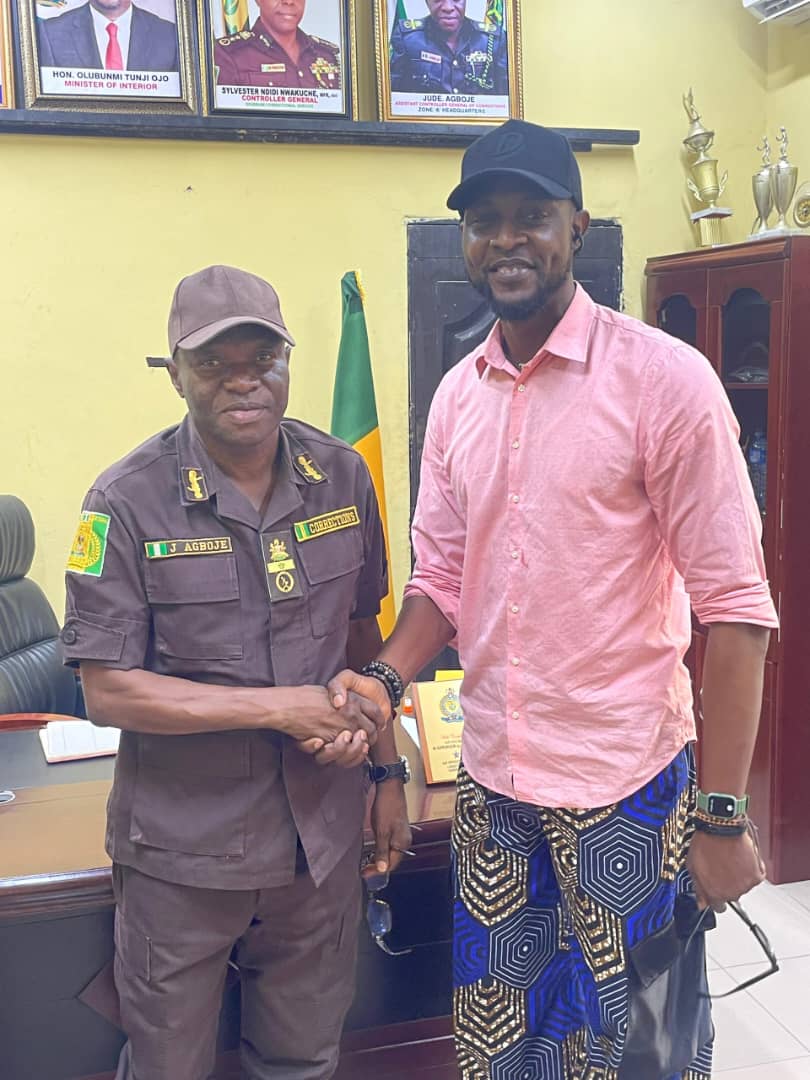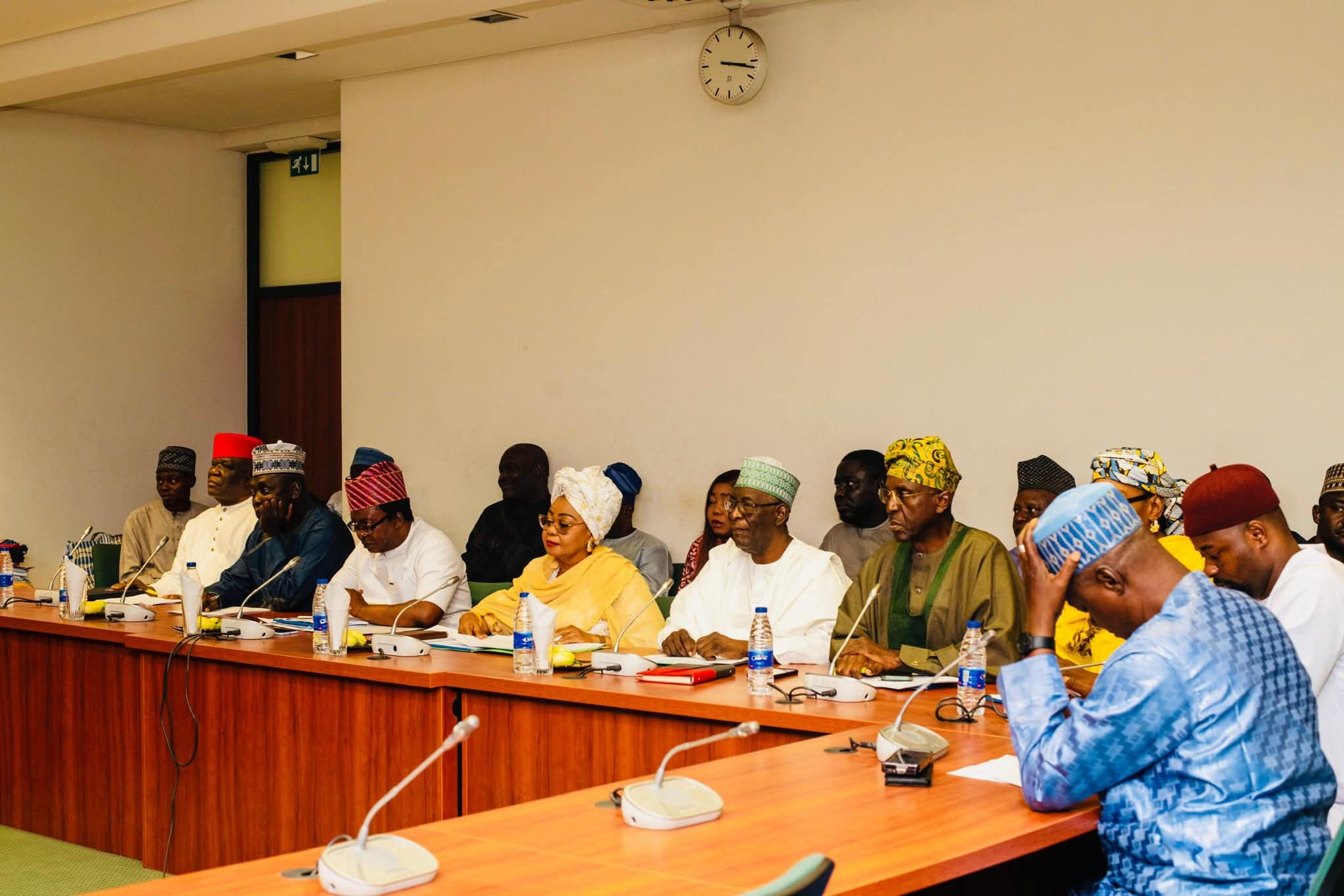society
WHAT THEY WILL NOT TELL YOU by Femi Fani-Kayode
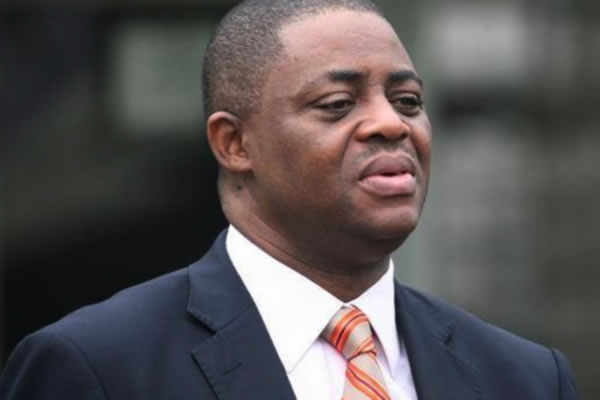
WHAT THEY WILL NOT TELL YOU by Femi Fani-Kayode
Make of the following what you will and work out the implications.
Of the 13 leaders that have led our country since 1960 seven were working for the British MI6 and/or the American CIA.
Only the remaining six were working solely for Nigeria.
The other seven were firmly within the power, control and grip of the British and the Americans.
In short, they were nothing but spies and informants that were carefully and craftily planted.
Again of the five Nigerian leaders that died whilst on the throne, every single one of them was murdered in cold blood by local agents of the CIA with the tacit and implicit support of M16 and Langley.
Again no military coup has ever been successful in Nigeria without the tacit backing and support of M16 and/or the CIA.
Every nation has its secrets but most of them are classified and are known only to the more experienced, circumspect and cerebal members of the intelligence community. Nigeria is no different but hers are legion.
There are more secrets hidden in the belly of our nations womb and history than most.
These are sad and bitter truths that many cannot possibly handle and that most would rather not hear.
They include the truth about the deaths of Shehu Musa Yar’adua, MKO Abiola, Sani Abacha, Dele Giwa, Sulia Adedeji, Alfred Rewane, Bola Ige, Funso Williams, Ibrahim Abacha, Tunde Idiagbon, Abubakar Audu, Abba Kyari, Brigadier Bako, Major General Shuwa, Bagudu Kaltho, Air Marshall Alex Badeh, the C130 plane crash, the Bellview plane crash, the Chibok girls abduction and so much more.
They also include the identity of the foreign entities and local collaborators that are behind the terrorist activities and insurgency of Boko Haram, ISWAP and the murderous herdsmen in the north east and north west respectively and the violent secessionist agitation and brutal killings by so-called unknown gunmen in the South East.
There is much more we can go into at a later date but this is a season for politics and electioneering and not one for revealing secrets.
The bottom line is that the Nigerian people, blissful in their naivity and innocence, still believe that they control their own future and destiny yet nothing could be further from the truth. Poor them.
They have no idea about what went on in the past and what is going on today and neither do they care. They are far too busy simply trying to survive and make ends meet.
They are also unaware that our country has become something of a football that is being kicked around and silently carved up by the Americans, the British, the French and increasingly the Chinese.
Sadly we are not the beautiful bride but rather the buxom little slave girl that is being fought over and sold into bondage and servitude and that is being teleguided, brutalised, carved up, ravaged, raped and sodomised by a bunch of gluttonous, thieving, lustful, desperate, hungry and sociopathic carpet-baggers and slave masters who are hell bent on ripping our guts out, tearing our country apart, turning us against one another, pillaging our resources and sharing our entrails as their spoils.
Permit me to resist the temptation of going any further and saying too much for now and let me end with the following.
All those that ruled us in the past that gallantly attempted to stand up against western domination and neo-colonialism and that had a patriotic, zealous and enviable pan-African disposition were taken out by a coup d’etat or by being murdered.
You want their names? I will not mention them here. Kindly do the research yourselves and work out who they are. I will say though that each of them at least gave us something to be proud of.
Yet the tales of woe and sordid state secrets continue. Did you know that approximately 800,000 Nigerian civilians, including women and children, were killed by Biafran forces during the three year Nigerian civil war.
We often talk about and rightly condemn the mass murder and slaughtered of 3 million Biafran civilians (including 1 million children) during that horrendous and inexplicable intergrum of fratricidal butchery but rarely do we spare a thought for or even mention the 800,000 Nigerian civilians that also perished.
Clearly the genocide, mass murder and crimes against humanity went both ways.
These are bitter and uncomfortable truths that many hate to hear and that others will find hard to believe.
Yet they must and will be told.
The dark history of Nigeria is not known by 95% of Nigerians. So sad!
There is so much that they wil not tell you. More to come later.
Know the truth and let it set you free!
society
HOPE BEYOND THE WALLS 2026: ASSOCIATION OF MODELS SUCCESSFULLY SECURES RELEASE OF AN INMATE, CALLS FOR CONTINUED SUPPORT

HOPE BEYOND THE WALLS 2026: ASSOCIATION OF MODELS SUCCESSFULLY SECURES RELEASE OF AN INMATE, CALLS FOR CONTINUED SUPPORT
The Association of Models (AOMNGO) proudly announces the successful completion of the first edition of Hope Beyond the Walls 2026, a humanitarian initiative dedicated to restoring hope and freedom to deserving inmates.
Despite enormous challenges, financial pressure, emotional strain, and operational stress, the organization remained committed to its mission. Through perseverance, faith, and collective support, one inmate has successfully regained freedom a powerful reminder that hope is stronger than circumstance.
This milestone did not come easily.
Behind the scenes were weeks of coordination, advocacy, fundraising, documentation, and intense engagement. There were moments of uncertainty, but the determination to give someone a second chance kept the vision alive.
Today, the Association of Models gives heartfelt appreciation to all partners and sponsors, both locally and internationally, who stood with us mentally, financially, morally, and physically.
Special Recognition and Appreciation To:
Correctional Service Zonal Headquarters Zone A Ikoyi
Esan Dele
Ololade Bakare
Ify
Kweme
Taiwo & Kehinde Solagbade
Segun
Mr David Olayiwola
Mr David Alabi
PPF Zion International
OlasGlam International
Razor
Mr Obinna
Mr Dele Bakare (VOB International)
Tawio Bakare
Kehinde Bakare
Hannah Bakare
Mrs Doyin Adeyemi
Shade Daniel
Mr Seyi United States
Toxan Global Enterprises Prison
Adeleke Otejo
Favour
Yetty Mama
Loko Tobi Jeannette
MOSES OLUWATOSIN OKIKIADE
Moses Okikiade
(Provenience Enterprise)
We also acknowledge the numerous businesses and private supporters whose names may not be individually mentioned but whose contributions were instrumental in achieving this success.
Your generosity made freedom possible.
A CALL TO ACTION
Hope Beyond the Walls is not a one-time event. It is a movement.
There are still many deserving inmates waiting for a second chance individuals who simply need financial assistance, legal support, and advocacy to reunite with their families and rebuild their lives.
The Association of Models is therefore calling on:
Corporate organizations
Local and international sponsors
Philanthropists
Faith-based organizations
Community leaders
Individuals with a heart for impact
to partner with us.
Our vision is clear:
To secure the release of inmates regularly monthly, quarterly, or during special intervention periods through structured support and transparent collaboration.
HOW TO SUPPORT
Interested partners and supporters can reach out via
Social Media: Official Handles Hope In Motion
Donations and sponsorship inquiries are welcome.
Together, we can turn difficult stories into testimonies of restoration.
ABOUT AOMNGO
The Association of Models (AOMNGO) is a humanitarian driven organization committed to advocacy, empowerment, and social impact. Through projects like Hope Beyond the Walls, the organization works tirelessly to restore dignity and create opportunities for individuals seeking a second chance.
“When we come together, walls fall and hope rises.”
For media interviews, partnerships, and sponsorship discussions, please contact the Association of Models directly.
society
SENATOR ADEOLA YAYI REGISTERS 4000 JAMB CANDIDATES
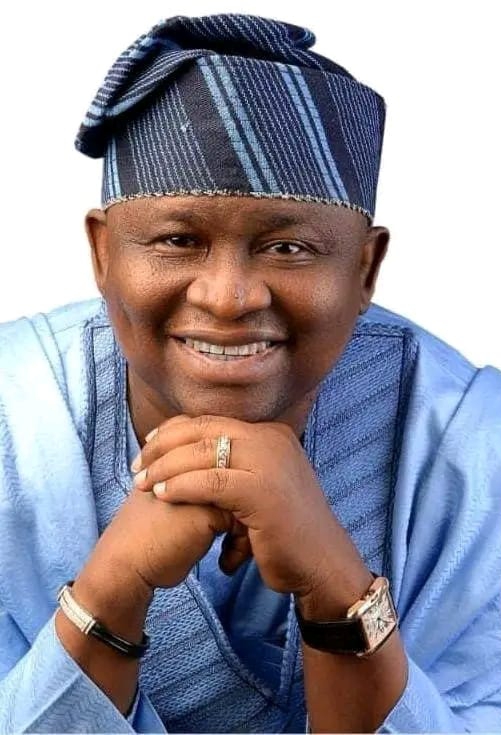
SENATOR ADEOLA YAYI REGISTERS 4000 JAMB CANDIDATES
In continuation of his educational support initiatives and following established tradition, Senator Solomon Adeola (APC,Ogun West) has successfully paid for and enrolled 4000 indigent students for the 2026 Joint Admission Matriculation Board(JAMB) examination.
According to a release e-signed and made available to members of the League of Yewa-Awori Media Practitioners (LOYAMP) by High Chief Kayode Odunaro, Media Adviser to Senator Adeola and shared with (your mediu), the programme financed by the senator under the “SEN YAYI FREE JAMB 2026” ended on Saturday , February 21, 2026, with a total of 4000 candidates successfully enrolled with their PINs provided.
Commenting on the success of the programme, Senator Adeola said the programme is another leg of his personal educational empowerment for indigent but brilliant citizens preparatory to his scholarship and bursary facilitation for tertiary education institutions’ students.
“As far as I can help it, none of our children will miss educational opportunities arising out of adverse economic predicament of their parents or guardians”, he stated.
Successful candidates cut across all the three senatorial districts of Ogun State with 2183 coming from Ogun West, 1358 coming from Ogun Central and 418 from Ogun East.
Some of the candidates that applied and are yet to get their PINs due wrong information supplied in their profiles and being underage as discovered by JAMB and other reasons are being further assisted to see the possibility of getting their PINs.
The Free JAMB programme of the Senator that has been running for years is well received by appreciative beneficiaries and their parents.
Alhaji Suara Adeyemi from Ipokia Local Government whose daughter successfully got her PIN in the programme said the Senator’s gesture was a welcome financial relief for his family at this period after payment of numerous school fees of other siblings of the beneficiary seeking admission to higher institution.
Also posting on the social media handle of the Senator, a beneficiary Mr. Henry Olaitan, from Odeda LGA said that he would have missed doing the entry examination as his guardian cannot afford the fees for himself and two of his children.
society
House Committee Seeks Stronger Financial Backing for Federal Character Commission

House Committee Seeks Stronger Financial Backing for Federal Character Commission
The Executive Chairman of the Federal Character Commission (FCC), Honorable Hulayat Motunrayo Omidiran, has reassured the commitment of her new leadership to reposition the Commission and strengthen enforcement of the federal character principle, despite prevailing funding challenges.
Hon. Omidiran made this known during the Commission’s budget defence before the House of Representatives Committee on Federal Character at the National Assembly on Friday, February 19, 2026.
The Executive Chairman opened up on inadequate funding has continued to constrain the Commission’s statutory activities, including nationwide monitoring, compliance audits and enforcement measures across Ministries, Departments and Agencies (MDAs).
“We are focused and determined to do the work that the Constitution and the President have entrusted us with,” Omidiran stated.
The FCC Boss, however, assured lawmakers that the Commission remains resolute in ensuring equity, fairness and balanced representation in line with its constitutional mandate.
“As a Commission, it is our responsibility to engage with relevant government parastatals and ministries to secure the necessary funding we require. We believe that with consultation and collaboration, it will be a successful venture for the Commission.”
Earlier, the Chairman of the House Committee on Federal Character, RT. Hon. Ahmed Idris Wase, expressed deep concern over what he described as near-zero budgetary allocation to the Commission, stressing that such financial inadequacies severely undermine its operational effectiveness.
The Plateau State lawmaker assured the Commission of the Committee’s firm legislative backing in advocating for improved funding and strengthening the Commission’s capacity to fully exercise its constitutional mandate.
“We cannot reasonably expect the Federal Character Commission to enforce compliance across Ministries, Departments, and Agencies while grappling with insufficient funding,” Hon. Wase remarked.
“If we are genuinely committed to fairness, equity, and national cohesion, then we must be deliberate in adequately funding the institution established to safeguard these principles.
“As a Committee, we shall work closely with the leadership of the Commission to ensure that its budgetary provisions reflect the magnitude of its mandate. The era of skeletal or token funding must give way to realistic and sustainable financial support,” he concluded.
The budget defence session concluded on a note of renewed collaboration between the House of Representatives and the Commission, reflecting a shared determination to strengthen institutional capacity, enhance accountability, and promote equitable representation within Nigeria’s public service.
SIGNED:
Ademola Lawrence
Spokesperson,
Federal Character Commission
February 20, 2026
-

 celebrity radar - gossips6 months ago
celebrity radar - gossips6 months agoWhy Babangida’s Hilltop Home Became Nigeria’s Political “Mecca”
-

 society6 months ago
society6 months agoPower is a Loan, Not a Possession: The Sacred Duty of Planting People
-

 society5 months ago
society5 months agoReligion: Africa’s Oldest Weapon of Enslavement and the Forgotten Truth
-

 news6 months ago
news6 months agoTHE APPOINTMENT OF WASIU AYINDE BY THE FEDERAL GOVERNMENT AS AN AMBASSADOR SOUNDS EMBARRASSING









